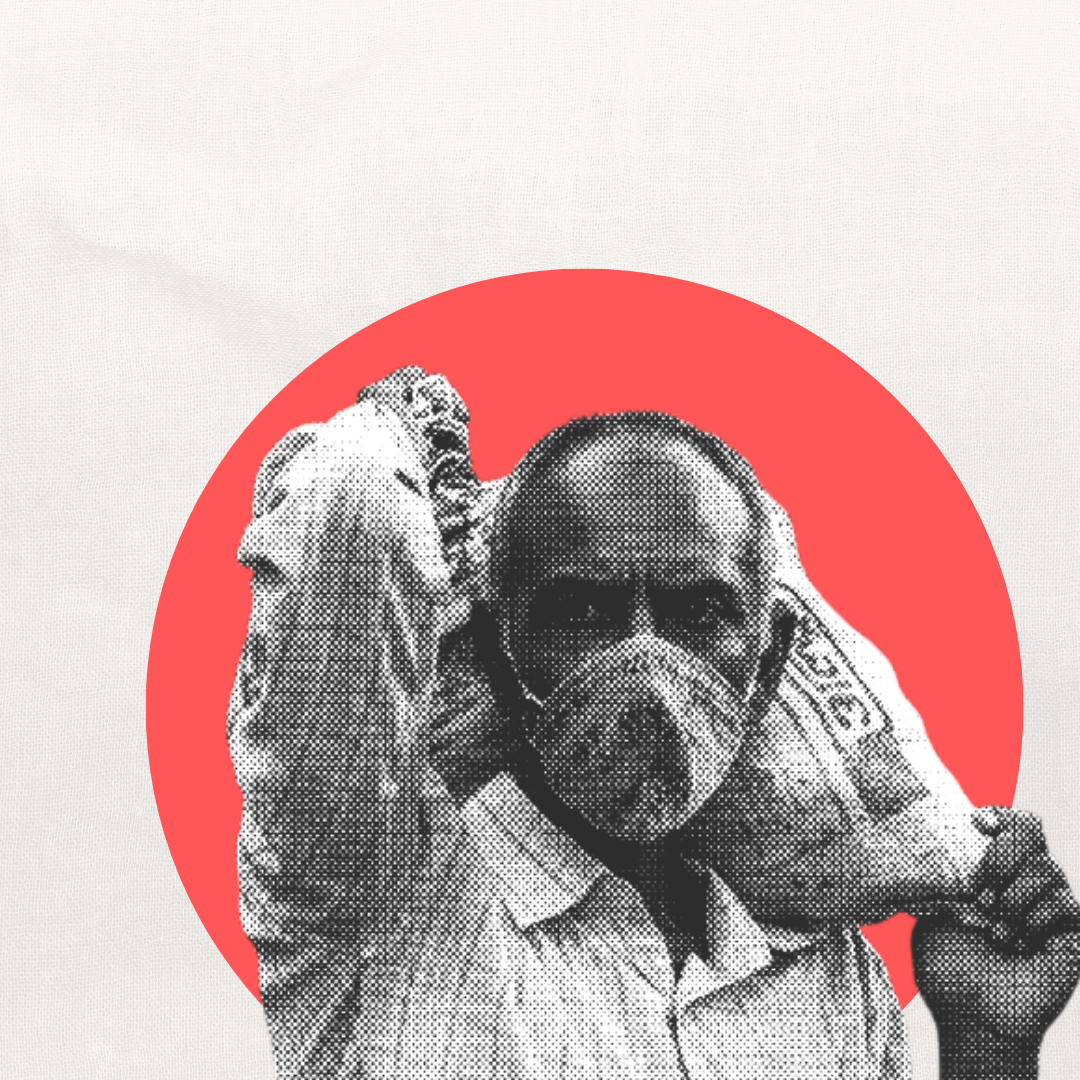Gauri Thampi | 24th April 2023
Revisiting the Migrant Worker Crisis

March 24th marked three years since the migrant workers’ exodus during the lockdown, which unravelled a crisis of a magnitude we haven’t experienced before. The discourse that followed brought to the forefront a population that had been mostly invisible until then, despite their large constituency and contributions to the world we live in.
In this blog piece, I revisit the crisis that took the nation by storm, MAP’s interventions in this space, and our learnings from them.
Findings from MAP’s Interventions
In the backdrop of the migrant worker crisis, in 2021, MAP launched a needs assessment survey of migrant worker households across Delhi-NCR, and other stakeholders, with the primary objective of gauging this populations’ access to legal grievance redressal mechanisms. The preliminary survey revealed that exploitation and vulnerabilities were often caused by the lack of documentation available with migrants that prevented their access to essential socio-economic services, and poor awareness of schemes and their rights at the workplace. With the onset of COVID-19, these issues were exposed and further worsened due to the sudden implementation of the lockdown. Women workers bore the additional brunt of gender-based violence and other forms of economic discrimination such as wage disparity.
A crucial need to develop a dedicated legal aid cell, to facilitate as a knowledge dissemination centre and grievance redressal mechanism was identified. In October, 2021, MAP officially launched an intervention programme that sought to address the challenges faced by migrant workers in Delhi. The Project adopted a multi-pronged approach: legally empowering the target population; providing legal assistance to individuals of concerns, including vulnerable populations; and advocating with other CSOs as well as with government authorities to identify potential avenues for improving access to justice redressal mechanisms.
Our interactions with the community as part of this Project revealed that even though issues such as wage theft, poor conditions of work, and absence of social security are dominant and prevalent, the experience of migrant workers is far from this reality. For the majority of them, everyday rights violations and exploitation are secondary that cannot be dealt with until primary concerns of their precarious existence are addressed–those pertaining to documentation and identity.
While migrants lose the support of familiar community structures as they embark on the journey from their origin state, in the destination state they stay in ad-hoc arrangements–rented houses without a legal agreement or electricity bills–barely having any proof to establish a permanent address or identity. In most cases, what seems to be minor issues such as mismatch in spellings and phone numbers, address errors, lost/missing papers, most of which is beyond their literary capabilities and understanding, act as a barrier in obtaining basic documentation and entitlements such as Adhar card, ration card and other welfare benefits.
Three Years and Counting
The pandemic was an inflexion point, a chance to redeem and reconfigure existing structures and build more inclusive societies. Despite the initiatives launched during and after the pandemic, not much has changed for migrant workers.
In 2020, the Central Government came up with the new labour codes, among the largest reforms in India’s labour law history. Considering the time and context of its introduction, this was a phenomenal opportunity for the government to finally address the holes in India’s social security system that pushed migrant workers to the margins. While all eyes were on these laws, under the enormous weight of promises, expectations, and deliverables, unfortunately, it failed to bring justice to the migrant workers.
The Inter-State Migrant Workmen (Regulation of Employment and Conditions of Service) Act, 1979 was subsumed into the Occupational Health and Safety Code (OSC), thereby diluting the existing laws; once again ignoring the demands for a comprehensive legislation for migrant workers. The heterogenous nature and complexities of labour migration, ad-hoc and informal work arrangements, sectoral challenges, intra-state migration, and existence of thresholds for applicability of laws are some of the core issues pertaining to migrant workers that these laws failed to address.
During the pandemic, the lack of data emerged as another major challenge in providing assistance, and implementing effective policies for migrant workers. To overcome this challenge, the government of India launched the e-SHRAM portal in August 2021, to document the unorganised sector workers and extend the existing social welfare schemes to them. Though intended to unify and centralise the existing social security mechanisms, e-SHRAM became yet another platform in the backdrop of a multiplicity of overlapping schemes and benefits and was not proven to be any different from its predecessors in terms of reaching its beneficiaries. Though 74% of the country’s unorganised labour force had registered on the e-Shram portal by August 2022, many are still uncertain about the benefits of the programme. Currently, only the accidental insurance cover benefit is active while there is no clarity about the schemes to be rolled out under the card and the application procedures involved.
As we mark three years since the lockdown, rumours and fake news of migrant workers being assaulted in Tamil Nadu and the gig-worker strike that brought forward Blinkit’s discriminatory practices has once again atomised attention on the issues of migrant workers. The crisis that became the starting point of a movement–an open call by civil society and public to recognise, assist and protect migrant workers–continues without an end or a solution. These incidents are a reminder that we shouldn’t wait for another catastrophe to stand up for our migrant workers.

